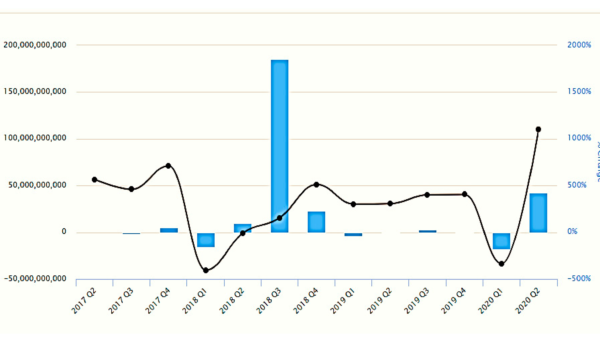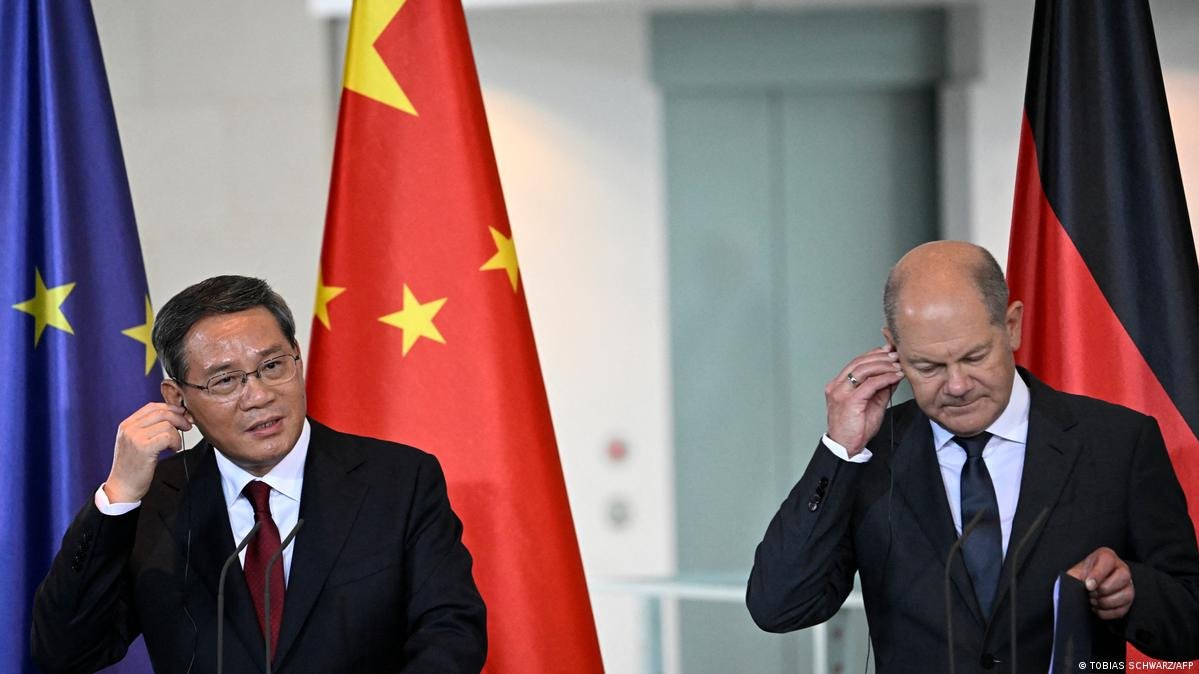Background and Implications of the Blocked Deal
Germany’s decision to block the sale of a Volkswagen subsidiary to a Chinese entity represents a significant development in the landscape of international business and national security. The German government cited national security concerns as the primary reason for halting the transaction. This move underscores a growing trend in Germany’s approach to foreign investments, particularly those originating from China. As the largest trading partner of China in Europe, Germany’s actions carry substantial weight and signal a more cautious stance towards Chinese investments.
National security concerns have become increasingly prominent in the evaluation of foreign investments. The German government has expressed apprehension about the potential transfer of sensitive technologies and the strategic implications of allowing Chinese entities to gain control over critical industries. This decision aligns with broader European efforts to scrutinize and regulate foreign investments more stringently, aiming to safeguard key sectors from external influence.
The economic ramifications of this blocked deal extend beyond the immediate parties involved. For Germany, the decision reflects a balancing act between fostering economic growth through foreign investments and protecting national interests. The blocked sale may lead to short-term economic uncertainties, but it aims to ensure long-term stability and security. For China, this move could be perceived as a setback in its efforts to expand its influence in the European market, potentially prompting a reassessment of its investment strategies.
Politically, the decision may strain bilateral relations between Germany and China. Previous instances of blocked deals, such as the rejection of Chinese bids for German technology firms, have already contributed to tensions. However, Germany maintains that such measures are necessary to uphold national security and protect strategic industries. These actions are part of a broader narrative where Germany and other European countries are increasingly wary of foreign investments that could compromise their economic sovereignty.
Tensions and Trade Disputes Between the EU and China
The European Union and China have been embroiled in escalating trade tensions in recent years, marked by a series of retaliatory measures that reflect deeper geopolitical and economic frictions. One of the pivotal moments in this ongoing dispute was the EU’s decision to increase tariffs on electric vehicles imported from China. This move, driven by concerns over market fairness and the protection of European manufacturers, aimed to counteract what the EU perceives as unfair competition due to Chinese state subsidies.
The imposition of higher tariffs on Chinese electric vehicles is expected to have significant ramifications for the market. European automakers, grappling with the challenge of transitioning to electric vehicle production, are likely to benefit from reduced competition. However, consumers might face higher prices and fewer choices, which could slow the adoption of electric vehicles in the region. The tariff hike reflects broader concerns about dependency on Chinese technology and components, highlighting a strategic push for technological sovereignty within the EU.
In retaliation, China initiated an investigation into the pricing of EU pork imports, a critical export market for European farmers. This tit-for-tat measure underscores the intertwined nature of global trade, where actions in one sector can reverberate across seemingly unrelated industries. The investigation could lead to increased tariffs or restrictions on EU pork, potentially disrupting supply chains and affecting agricultural stakeholders.
The broader implications of these trade tensions are profound. As the EU and China navigate this complex landscape, the potential for a broader trade war looms, which could have cascading effects on global trade systems. The standoff highlights the fragility of international trade relationships and the need for diplomatic solutions to avoid prolonged economic conflict.
































